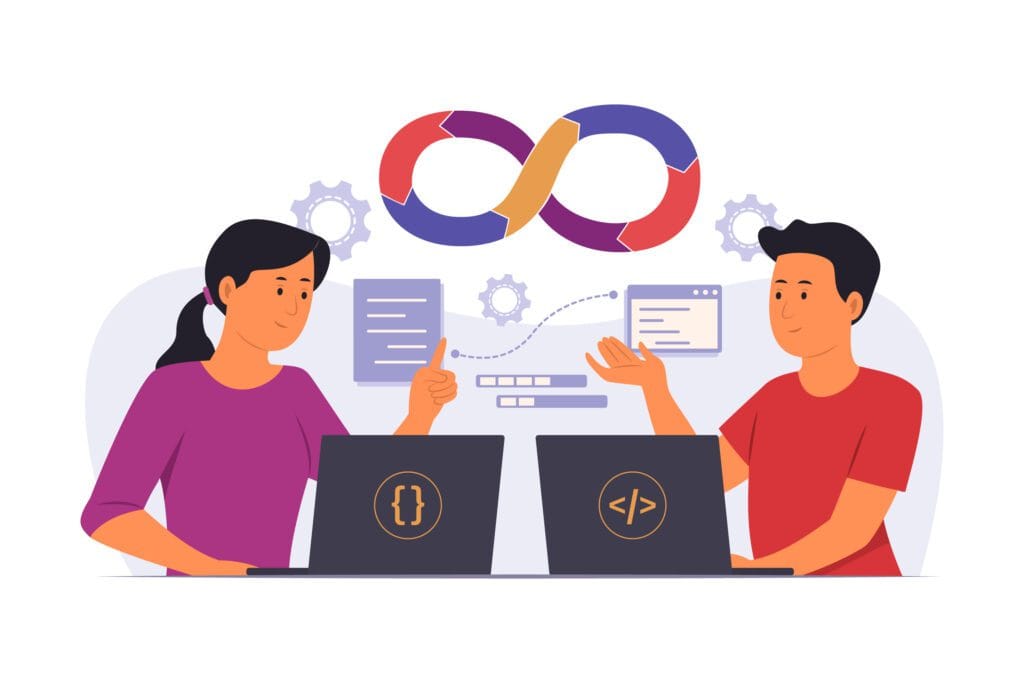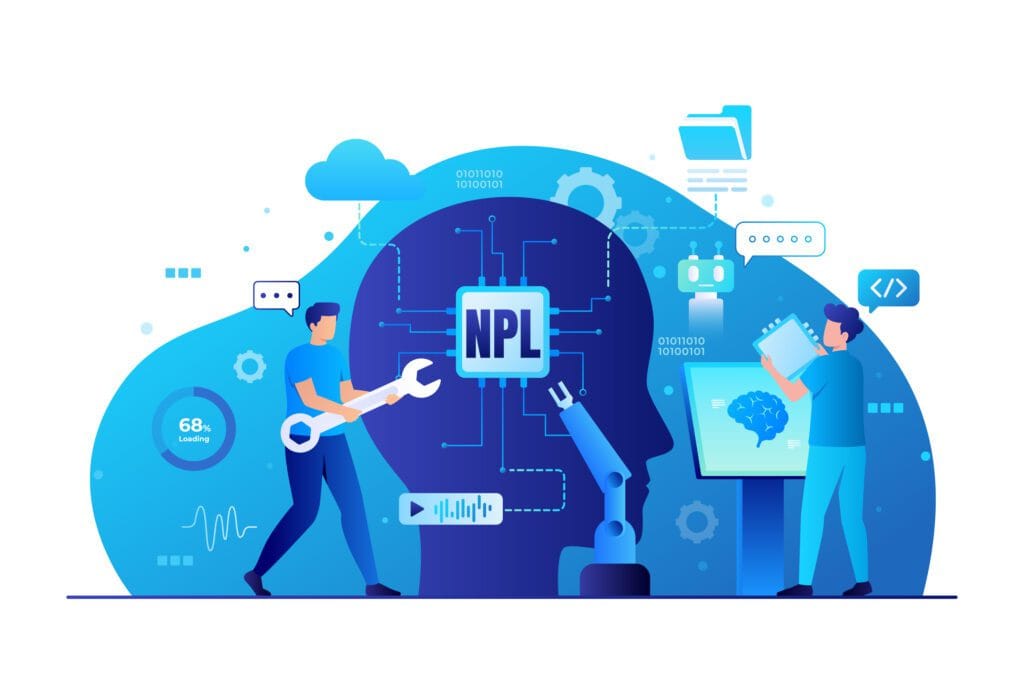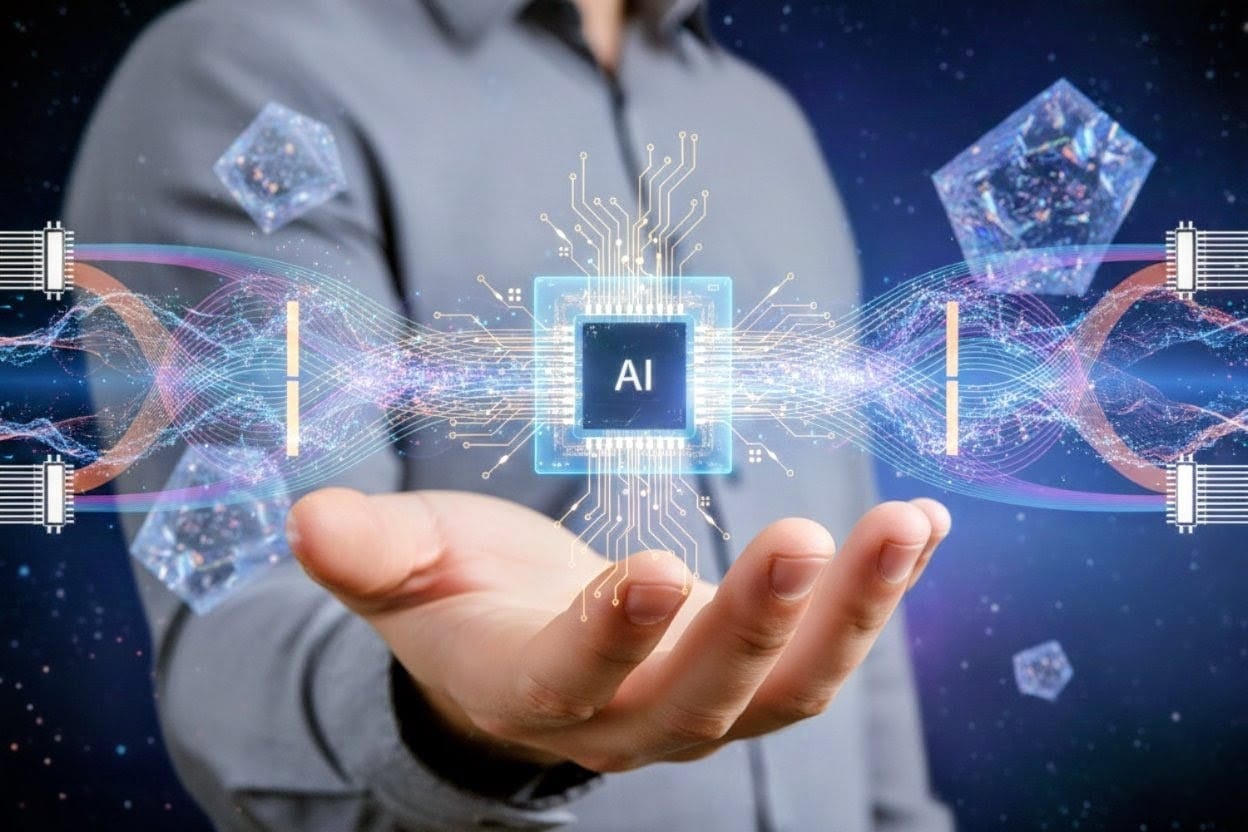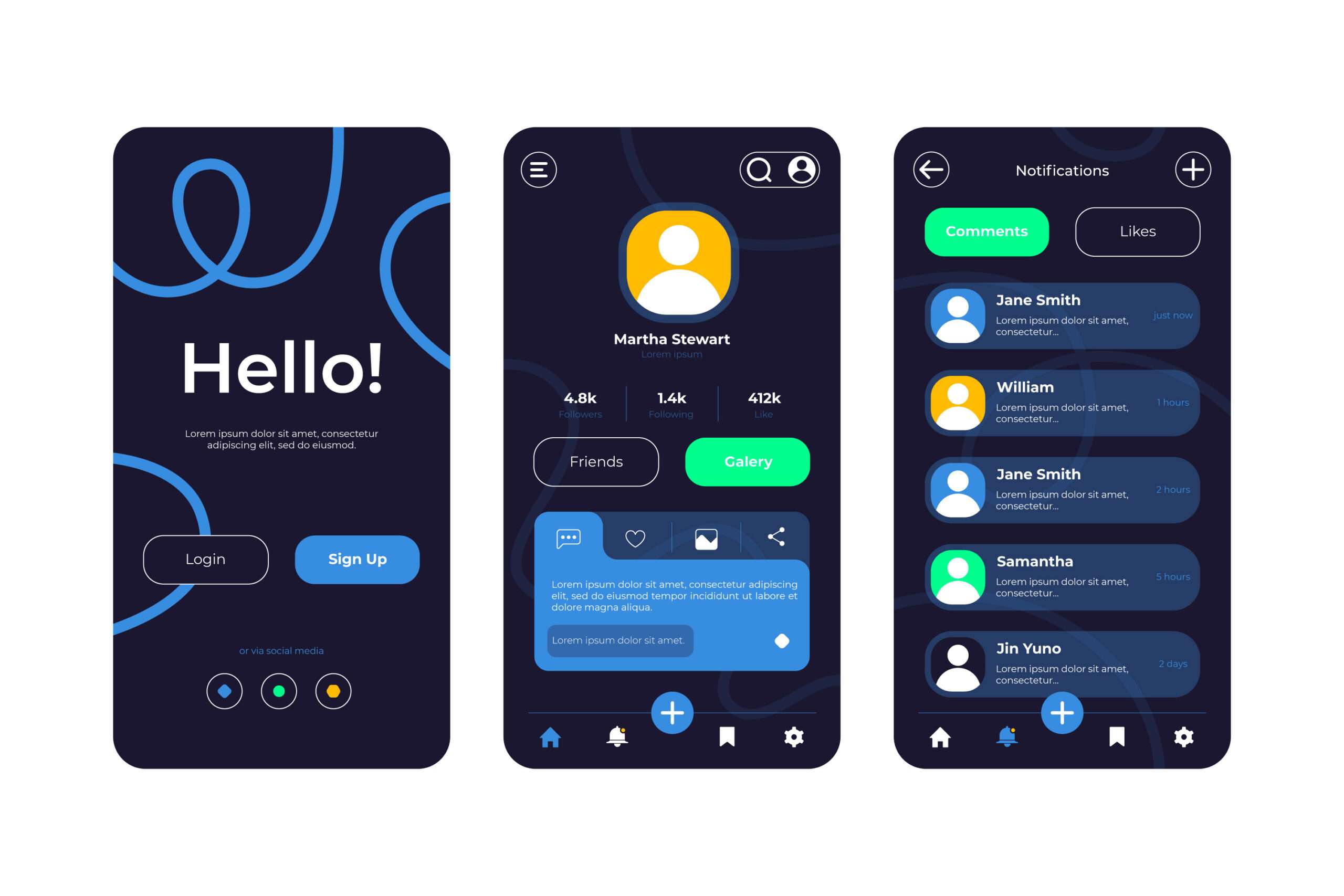Artificial Intelligence (AI) continues to evolve rapidly, integrating into sectors from healthcare to finance, customer service to creative fields. Many of its benefits are obvious: efficiency, cost savings, expanded capabilities. But alongside this progress are unintended consequences—especially in areas often under-examined: ethics, privacy, and the job market. In what follows, we explore these dimensions, bolstered by recent data, to spark reflection and guide responsible use.
Ethical Implications
One of the most pressing ethical challenges is bias and fairness. AI systems are trained on large datasets that often reflect historical inequalities, and without careful design, they perpetuate or even amplify those biases.
- A 2025 study “No Thoughts Just AI: Biased LLM Recommendations Limit Human Agency in Resume Screening” found that when people collaborate with AI models that have race-based preferences (even subtly embedded), they tend to favor certain candidates (for example white over Black, or vice versa depending on the bias) up to 90% of the time.
- Another study of AI and women’s health showed bias in diagnosing bacterial vaginosis: algorithms performed differently across ethnic groups, raising concerns for women of reproductive age in minority populations.
- In the UK, a report from over 29,000 case summaries in local councils discovered that some AI systems downplayed women’s health issues, describing identical situations more severely when the subject was male vs female.
These cases demonstrate that without oversight, AI can embed and replicate social prejudices. Ethical deployment requires transparency about how models are trained, what data is used, and who might be disadvantaged by errors or skewed assumptions.

Privacy Concerns
AI’s hunger for data is vast, and that raises serious privacy risks:
- AI tools often require enormous datasets—for training language models, image recognition, predictive analytics—and much of the data includes personal, identifiable information. If this data is mishandled, leaked, or used in ways users did not consent to, the consequences can be severe.
- Ethical frameworks (for example from Britannica’s discussion of AI) emphasize that data collection for AI should follow principles such as minimal collection, user consent, anonymization where possible, and strong security.
- There have been real examples of diagnostic tools biasing by ethnicity, which suggests that medical data, often believed safe, is not immune from misuse or from reflecting bias.
- Another issue: AI models sometimes reveal “private” or sensitive information because of how they are trained. Models trained on large web crawls may inadvertently memorize or regurgitate information they should have filtered. The risk is even higher with generative AI that can produce text based on patterns in data.
Privacy protection therefore isn’t just about preventing hacks—it’s about ensuring consent and making sure data is collected and used responsibly. It’s also about verifying that the information used in AI systems is representative and that AI outputs don’t accidentally leak sensitive details or reinforce harmful stereotypes.
Job Market Impacts
AI integration is shifting the job market in profound ways. Some jobs are at risk; others are changing in role and nature. Here are recent findings:
- Experts warn that up to 40% of global jobs could be affected by AI. According to UNCTAD and other reports, many roles may be automated or transformed in the coming years, especially if automation accelerates.
- McKinsey has projected that between 400 and 800 million jobs worldwide may be displaced by AI or fundamentally transformed within the next five years, depending on adoption rates.
- Younger workers appear to be especially vulnerable. In “high-AI exposure” roles, U.S. workers aged 22-25 have seen employment declines, while older workers in those same roles have often seen gains.
- In terms of sectoral impact: clerical, administrative, customer service, and routine support roles are at highest risk of being automated. Meanwhile, demand is increasing for roles involving AI governance, data analysis, model training and monitoring, ethics, oversight, etc.
These changes raise several difficult questions:
- What happens to those whose jobs are displaced or transformed, especially if they lack access to retraining or education?
- How do we manage inequality, when some workers capture the gains of AI (for example, in highly technical or supervisory roles) while others lose out?
- Should societies (governments, companies, educational institutions) invest proactively in reskilling, in safety nets, or in regulation that ensures fair transition?

A Thought Piece: Balancing Innovation and Human Rights
Given these stakes, here’s a more reflective look at what we might need to do—and what we risk if we don’t.
- Democratizing Oversight and Governance
If AI is to be powerful and equitable, oversight should be both centralized (via regulation) and distributed (stakeholders including affected communities, ethicists, civil society). For example, policies requiring transparency in AI training data, auditing for bias, and mechanisms for individuals to challenge AI decisions may help. - Ethics by Design
AI tools should embed ethical thinking from their very conception: considering potential harms, biases, and privacy implications, not just efficiency or performance. Techniques like “model pruning” to remove bias-promoting neurons, or anonymizing training data, are useful. - Reskilling, Social Safety Nets, and Inclusive Transition
As jobs shift, there must be infrastructure in place so people are not left behind. This includes:- Education systems that teach not just technical skills but critical thinking, ethical reasoning, adaptability.
- Public and private programs for retraining / upskilling.
- Policies to support workers displaced by automation, possibly universal basic income, job transition assistance, or incentives for companies to create human+AI hybrid roles.
- Privacy and Consent as Pillars
Users should know when AI is being used, what data is collected, how it’s stored, who might access it. Laws like GDPR in Europe or similar local regulations help, but ethical norms and corporate responsibility are equally essential. - Maintaining Human Agency
Even when AI is involved in decision-making (e.g. hiring, healthcare, legal), people should retain oversight and final say. Studies show that when people are working alongside biased AI, even subtle preferences in AI sway human decisions. We need mechanisms to preserve human critical judgment.
Conclusion
AI integration holds massive promise—but its unintended consequences are real, measurable, and morally significant. Ethical lapses, privacy violations, and widespread job changes are not distant possibilities; some are already taking place. As we continue to adopt powerful AI tools, balancing innovation with responsibility is essential. That means proactive regulation, inclusive policymaking, transparency, and ensuring that human dignity and rights are not overshadowed by efficiency gains.
Only by acknowledging and planning for these unintended consequences can we hope to steer AI toward benefitting everyone, rather than reinforcing existing divides.



